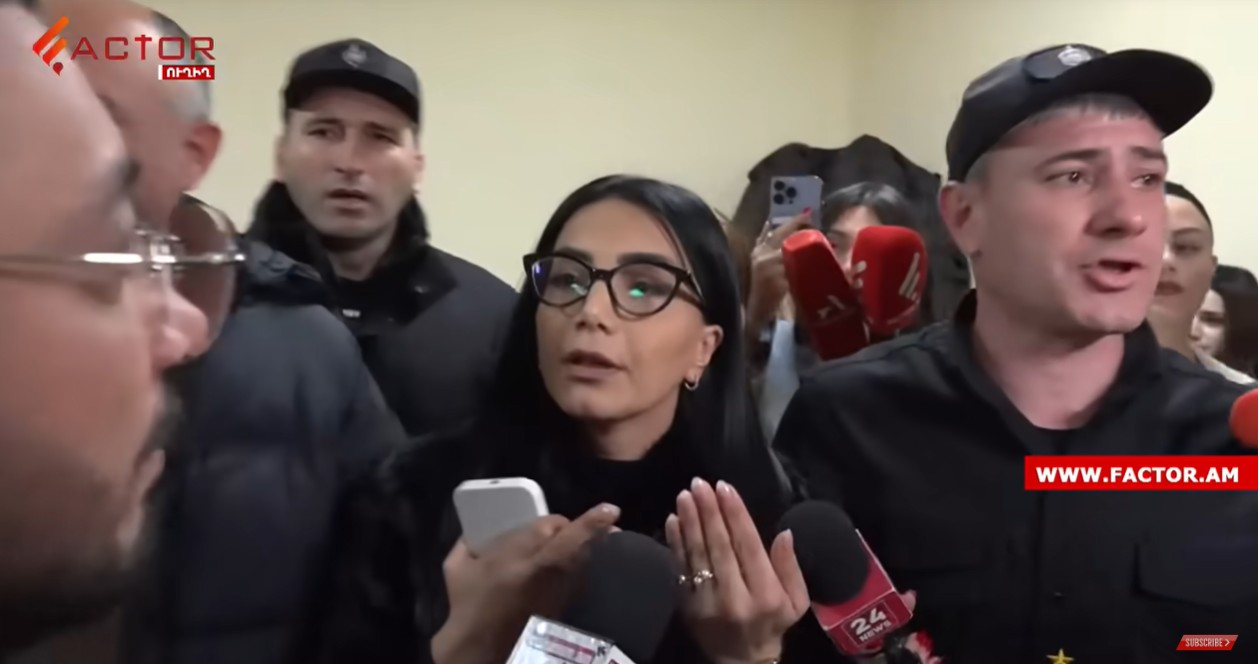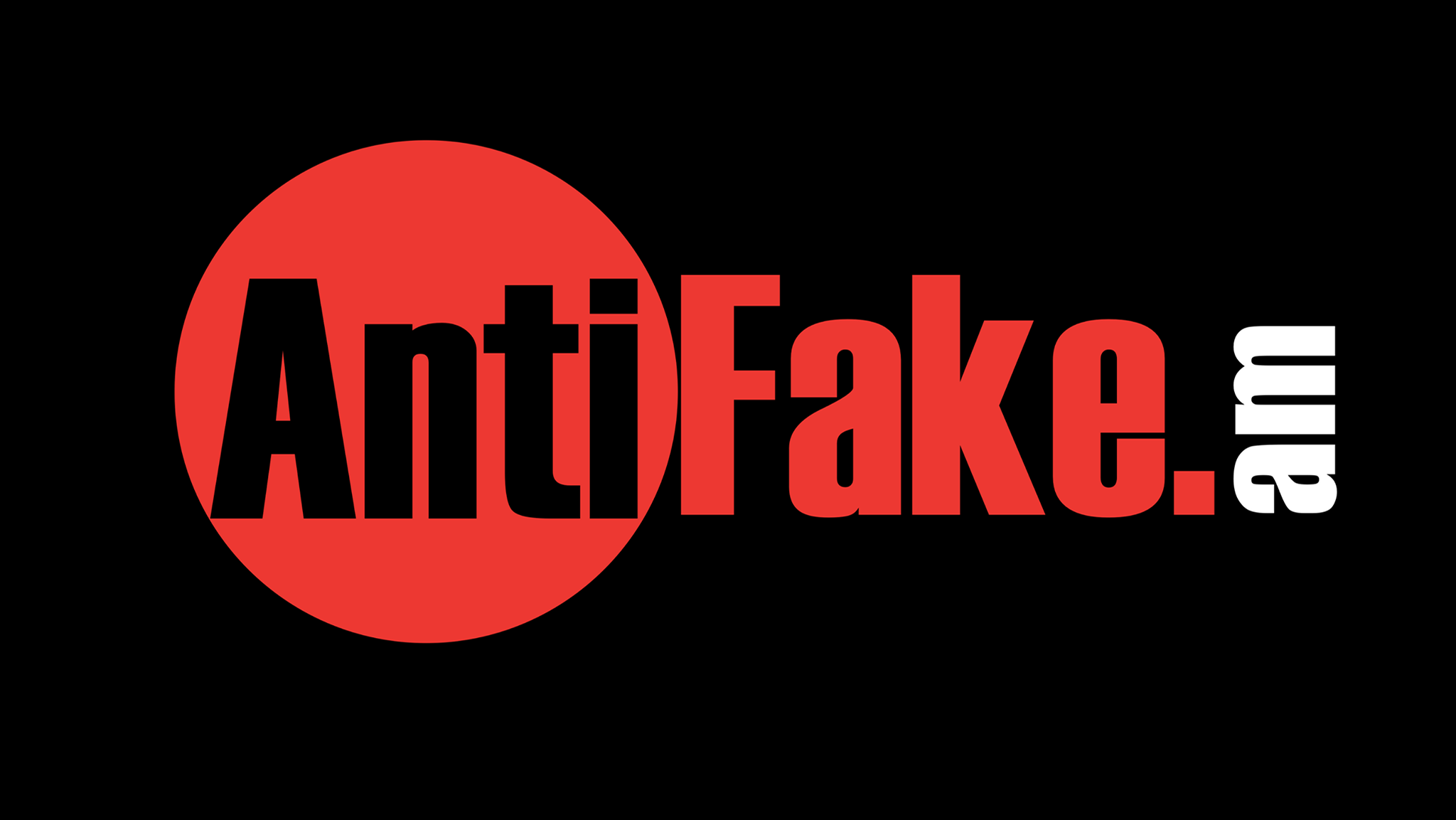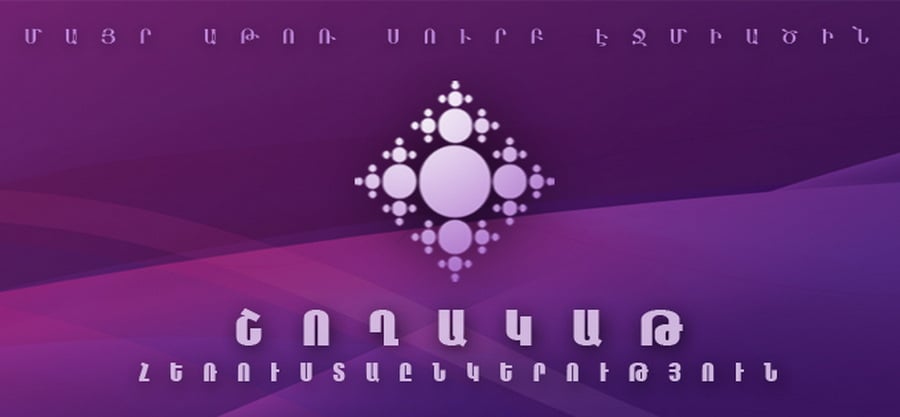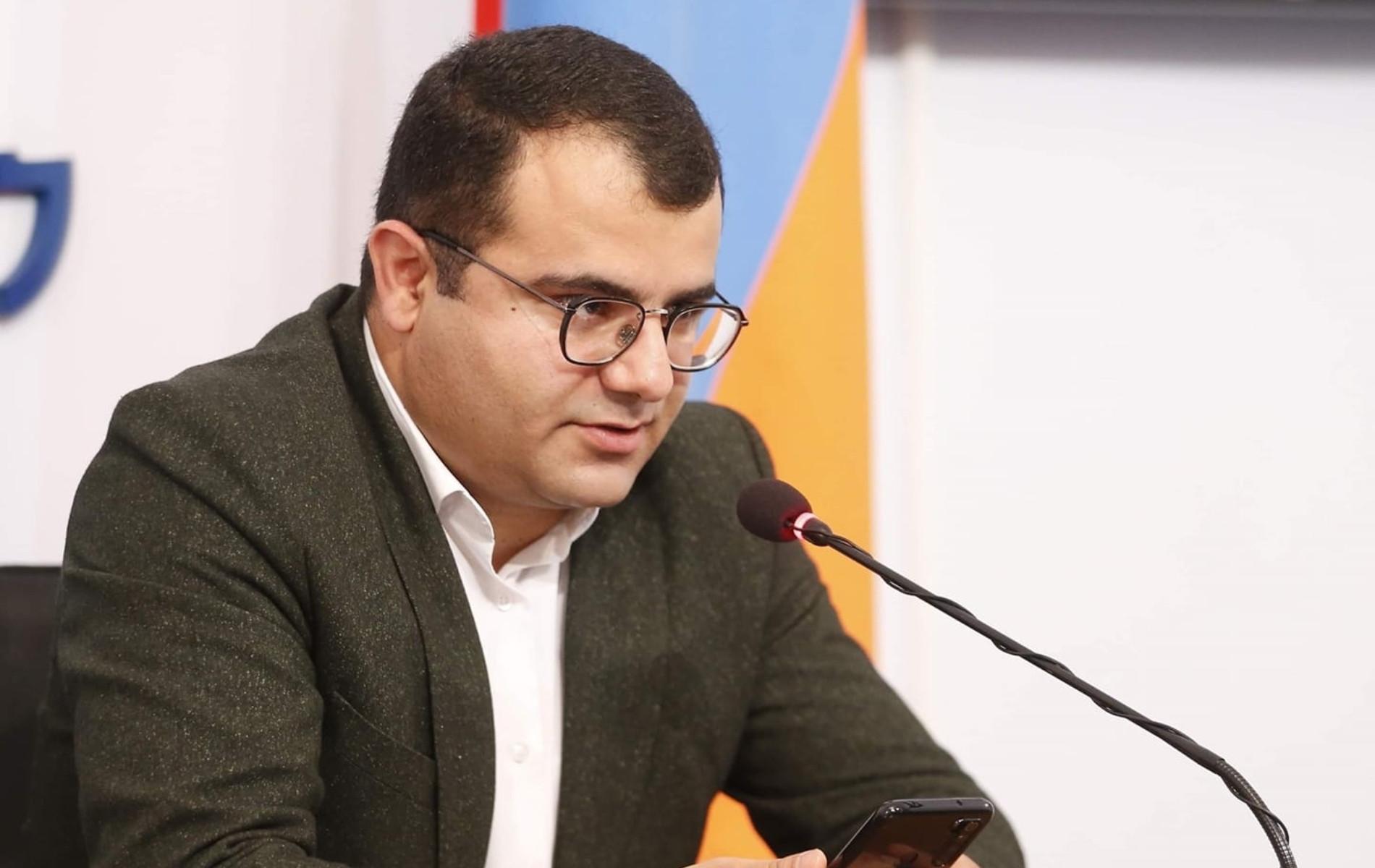Over the past few weeks the political forces and the active part of the public have been focused on the draft Electoral Code and the process of its discussions. However, so far the other bills included in the package of documents relating to the upcoming elections which should also be discussed in parliament have passed unheeded. Among them are the draft amendments to the RA Law on Television and Radio which may set serious obstacles to broadcast media during the coverage of electoral campaigns and threaten their freedom.
In particular, the document envisages broader punitive functions for the National Television and Radio Committee (NTRC), empowering it to suspend a broadcasting license for a repeated breach. Meanwhile, both our and international experts think that this can be done only through a court decision based on the results of consideration of a relevant solicitation by the NTRC. In addition, such a means is applicable only in case the previous two steps of the regulatory body – warning and a fine in the amount of 1 million drams – have been exhausted.
As it becomes known from the justification of this draft law, NTRC itself has claimed additional powers, referring to issues that rose during the 2012 parliamentary elections. Note that Kentron TV Company was fined in the amount of 1 million drams then for a breach on the ballot day. This was the most harsh punishment applied to a broadcast media during the period of elections (incidentally, there were controversial opinions on this, including allegations of selective enforcement of the law). There was no need for stricter punishments. In other words, in case of detection of breaches the existing arsenal for action was quite sufficient.
The question occurs why the National Assembly needed another “stick” and why this body wants to assume the function of a court. Obviously, the reason is to gain a safeguard against unexpected trouble. The plan is transparent: if one of the not so reliable TV companies disobeys during the elections, it will be possible to suspend its transmission. Such ending is not ruled out. However, if the threat of suspension of license is hanging over the heads of broadcasters like the “Damocles’ sword”, they will be more obedient. And this, if we call things by their names, is “covert censorship”.
Besides, empowering NTRC to suspend license will deprive broadcasters of the possibility to present their arguments and defend themselves in court in case of disputes. If the draft law is adopted, in case of such disputes the TV companies will have a possibility to defend their interests in court post factum only, and this process may take longer than the electoral campaign, hence become meaningless. Meanwhile, the possibility of challenging the decisions and evaluations of the regulatory body is highly important, especially considering the instances of subjectivism in their activities and the selective enforcement of the law.
The other limitations prescribed by the draft law are also absolutely unacceptable. For example, the definition that cable TV channels can retransmit only the programs of the TV companies with terrestrial broadcasting. As to satellite or internet television programs, they have to give up on this.
It is hard to tell the purpose of such harsh intervention in and limitation of the activities of cable television. Again, there may be an element of prevention of surprises. However, the proposed amendment smells “covert censorship”. So does the fact that coverage of electoral campaigns of political parties and alliances in TV news must be free from opinion. The authors of the draft law apparently do not distinguish between speeches in an electoral campaign and articles on the electoral campaign. The first one must be covered on TV without opinions indeed. However, nobody has the right to prohibit a journalist to analyze and comment on the electoral campaign of political parties in news programs and reports and give their opinions accordingly.
In brief, the proposed amendments are reactive and will serve restriction of the freedom of broadcast media, not transparent elections. Therefore, the Committee to Protect Freedom of Expression and its partner journalism organizations state together that these draft amendments must be withdrawn.
Committee to Protect Freedom of Expression








